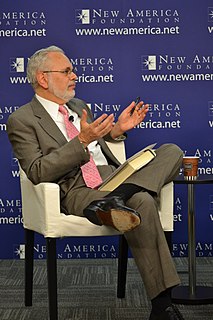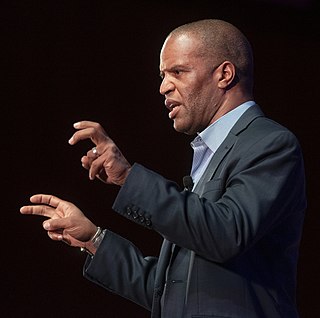A Quote by Jay Samit
What most entrepreneurs don't understand is that it isn't the economy that bursts a bubble, but investor psychology.
Quote Topics
Related Quotes
From the Great Depression, to the stagflation of the seventies, to the current economic crisis caused by the housing bubble, every economic downturn suffered by this country over the past century can be traced to Federal Reserve policy. The Fed has followed a consistent policy of flooding the economy with easy money, leading to a misallocation of resources and an artificial 'boom' followed by a recession or depression when the Fed-created bubble bursts.
I've not won different awards - many, many times - so luckily I've practiced that whenever you are nominated for anything, you enter into this marvelous, fantabulous bubble called the bubble of nomination. The minute the envelope is opened and your name isn't called out, the bubble bursts. And no one calls you up the next day to say, 'So sorry you didn't win,' or 'You looked gorgeous - nothing. If you win, you get about another 24 hours in that lovely bubble and then - pop - you are slightly wet all over from the bubble and realize that you have to get on with real life.
The choice is ours-yours and mine. We can stay with business as usual and preside over a global bubble economy that keeps expanding until it bursts, leading to economic decline. Or we can adopt Plan B and be the generation that stabilizes population, eradicates poverty, and stabilizes climate. Historians will record the choice, but it is ours to make.
Olive's private view is that life depends on what she thinks of as "big bursts" and "little bursts." Big bursts are things like marriage or children, intimacies that keep you afloat, but these big bursts hold dangerous, unseen currents. Which is why you need the little bursts as well: a friendly clerk at Bradlee's, let's say, or the waitress at Dunkin' Donuts who knows how you like your coffee. Tricky business, really.


































